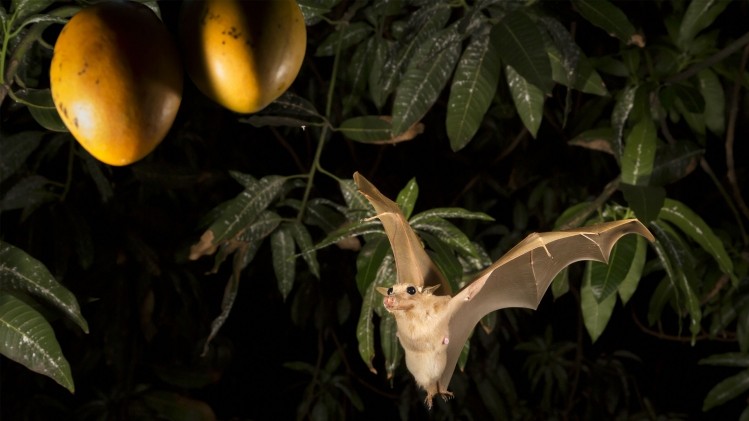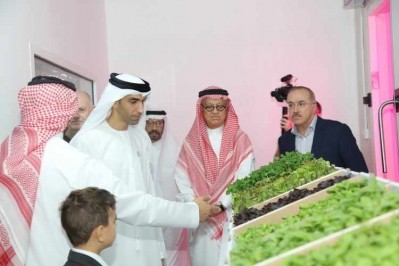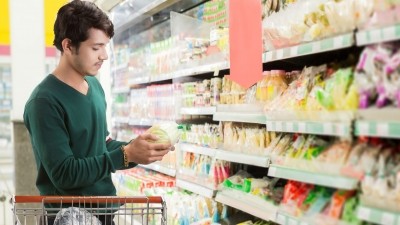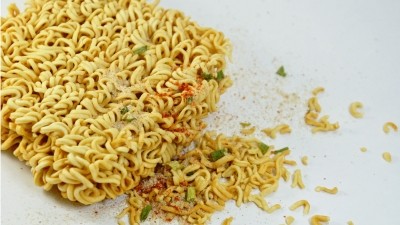Supermarket chain increases fruit and vegetable imports from other areas following UAE ban on Kerala products

The UAE’s Ministry of Climate Change and Environment has issued a statement last week (May 29) to ban imports of fresh vegetables and fruits from Kerala, India, due to outbreak of the Nipah virus in that area.
In response to the ban, a spokesman from the Lulu Group told us they have increased imports from existing sources by 20 tonnes from 29 May, in order to make up for the loss of imports from Kerala, which used to be responsible for 20 to 25 tonnes of vegetables and fruits sold by the Lulu Group daily.
Besides Sri Lanka, the company has increased imports from several parts of India, including Tamil Nadu, Chennai, Blangalore and Mumbai. These days, imports from these areas make up 25% of the company’s total vegetable and fruit imports per day.
“We expect it to be a short ban and we will wait for the ban to be completely lifted before resuming trade with Kerala,” the spokesperson said.
Besides the UAE, the Saudi Food and Drug Administration has also banned frozen and processed fruit and vegetable imports from Kerala.
The Nipah virus is transmitted through secretions from the fruit bat to fruits that it feeds upon or touches. Mangoes, dates and bananas are some examples of the bat’s favourite fruit.
So far, 17 people from Kerala have died from the Nipah virus as of June 3.
Both the UAE and Saudi authorities said that their decision is based on information published by the World Health Organisation (WHO) regarding virus outbreak in Kerala.
In the UAE, a notice was also sent to local authorities including the Abu Dhabi Food Control Authority and the municipalities of Dubai, Sharjah, Ajman, Umm Al Quwain, Ras Al Khaimah and Fujairah.
Other bans
The spread of the Rift Valley Fever disease in South Africa has also urged the UAE government to ban the import of all live animals, including sheep, goat, cattle, buffalo, camel and gazelle.
Non-heat-treated byproducts of these animals from South Africa and the infected Letsemeng province have also been banned from entering the UAE. Only thermally-treated products will be cleared for import.
South Africa's Department of Agriculture, Forestry and Fisheries said on May 16 that an outbreak of the disease had been confirmed in sheep on a single farm in the Jacobsdal area located in the Free State.
The disease is passed via infected mosquitoes. Humans can be infected if they come in contact with the blood or body fluids of a diseased animal.
South African authorities have advised farmers to vaccinate their animals against the Rift Valley Fever.
It added that the disease is “a notifiable animal disease, but not a controlled animal disease, meaning that there are no prescribed control measures.” However, the State Veterinary Services will give support and information to farmers in the affected areas.
Commenting on the ban, the ministry explained that “these measures reiterate the Ministry's keenness in achieving its strategic objectives to ensure healthy and safe food for consumers and enhance biosecurity levels, and eliminating pathogens before they enter the country.”
Trading figures
The Gulf region is India’s largest market for fruits, with the UAE being the biggest importing nation. The country bought more than US$89m of fresh fruit and US$67m of fresh vegetables from 2016 to 2017, according to the Agricultural & Processed Food Products Export Development Authority (APEDA) of India.
Notably, the UAE emerged as the largest importer of Indian mangoes, with a share of over 50% (worth US$37m) of the total mango exports from the country.
On the other hand, the amount of processed fruit and vegetable that it exported to Saudi Arabia was US$40m last year, which is 8% of its total export.











